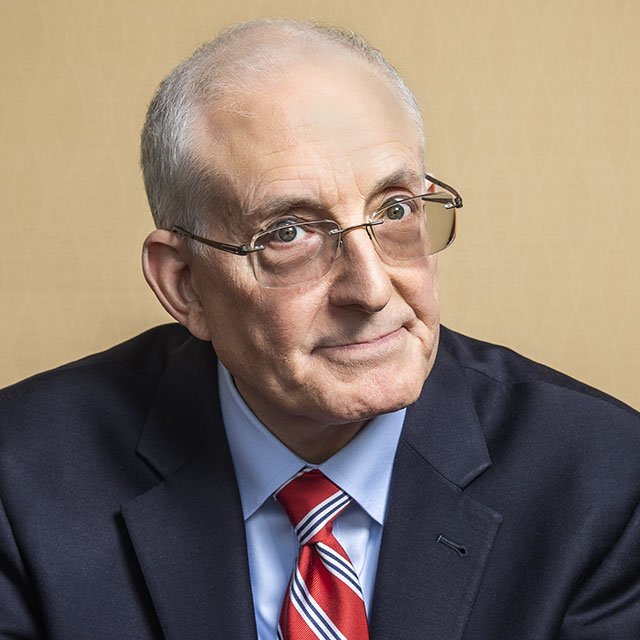Ed Slott: IRS' Secure Act RMD Regs Are Effective Now; Here's How to Proceed

Slott added: “No one saw this coming because we believed that the Secure Act 10-year rule replaced the requirement for annual (years 1-9) RMDs, but IRS says ‘no’ and that both rules apply.”
The IRS will “have to issue some relief guidance on this,” he continued, hopefully before year-end.
“I would not have clients act on this (taking the annual RMDs for years 1-9, or making up any missed 2021 RMDs) until later in the year when hopefully IRS will provide clear guidance on this unusual and uncertain situation,” Slott said.
Comments are due on the IRS’ plan by May 25, and a public hearing is scheduled for June 15. The IRS may amend the proposed regs after considering the comments.
Industry Groups Weigh In
On March 25, industry trade groups like the Insured Retirement Institute, American Benefits Council, American Council of Life Insurers, Committee of Annuity Insurers and the Investment Company Institute urged Treasury and the IRS to issue guidance and delay effective dates for certain provisions in the regs.
A letter from the groups seeks prompt guidance that extends the deadline for amending qualified plan and IRA documents to reflect the Secure Act’s changes to RMD rules and delays the effective date of the new proposed regulations on RMDs.
The Secure Act, the groups told Treasury and IRS, “made significant changes to the RMD rules for certain qualified plans and IRAs, generally starting in 2020. There has been little guidance on these changes until the proposed regulations, which are voluminous and complex. They contain many new concepts and present administrative challenges, which will take individuals, their advisers, and the organizations that administer retirement benefits substantial time to understand and address.”
The final regulations also “could make further changes, which could require financial institutions to undo or modify steps they took (or attempted) to implement the proposed regulations,” the groups wrote.
Pictured: Ed Slott (Photo: Natalie Brasington)





